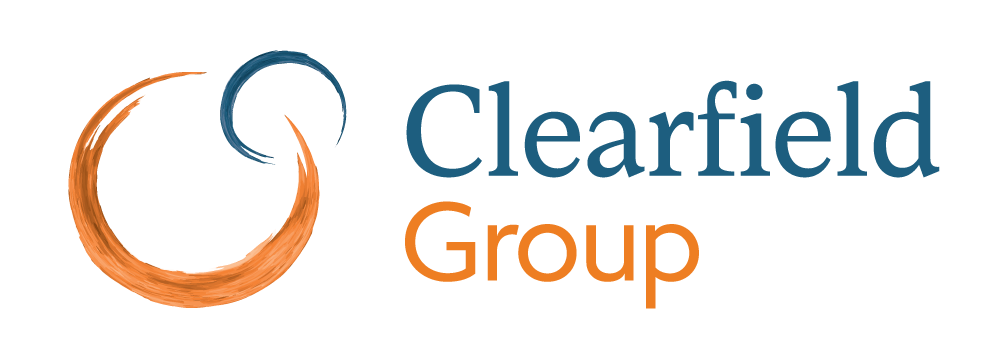Now every gambler knows
The secret to survivin’
Is knowin’ what to throw away
And knowin’ what to keep.
-“The Gambler” by Kenny Rogers
Q3 of this year turned out to be a lot.
Sometimes I felt overwhelmed (OK, a lot of the time, as regular readers will know). Work, parenting, moving, a pandemic—it adds up!
At work, my team and I tackled projects that felt meaty and satisfying.
I lead some big and interesting enterprise consulting engagements. I strengthened relationships with my coaching clients and invested in professional development to deepen my craft.
Our team experimented with using paid traffic to explore a few different approaches to marketing my coaching work, which my executive assistant Rahne initiated and drove via our Objective and Key Results (OKR) process. This effort allowed us to test different niches.
We are also launching a podcast and wrestling with our process there to make it manageable.
One of the things that we noticed was that we had too many Q3 priorities.
It showed up in many ways, but something I noticed was that one of our Objectives was different from the others.
Said objective was to explore the idea of an online fulfillment-based bookshop for authors.
The basic idea was that authors send out a lot of books. It’s nice to sign them for friends, colleagues, and business contacts. It’s also a huge hassle.
But what if we authors could sign a BUNCH of books at once, send them to a fulfillment service, and then drip them out as needed with a few clicks instead of heading to the post office?
We tried to see if others might be interested in this idea, too. We created a landing page to gather email addresses, and we ran a few ads and experiments.
While we had some interest, two things became quickly clear to me:
-
We had a lot going on.
-
My energy was pulling me toward other things.
Every time I was supposed to do something to advance the signed-bookshop idea, I found myself avoiding it. I felt guilty.
Then I realized that I was being silly. I was avoiding it for a good reason, actually: it wasn’t in our core set of competencies.
It was an interesting experiment, but it took up more time and effort than I hoped.
So, I got together with my team to discuss what we wanted to do.
We ultimately ended the experiment, and I learned a lot about how to gracefully kill a project.
Here’s what I learned, in three easily digestible steps:
1. Follow the energy.
Tune in to where your energy is actually going; procrastination often serves us in some way. In this instance, it was telling me that my energy directed toward other things.
Even Netflix binges might mean that there’s a mismatch between your stated goals and your hidden commitments.
2. Ask your colleagues what they think.
Most of us don’t operate in a vacuum, which would be very loud (or very quiet depending on the kind of vacuum).
So, seek input from your colleagues. They might see something that you miss—a compelling reason to continue the project or another reason to halt. And the participation, if done sincerely, is empowering, hopefully even to the people who ran the project that you’re thinking of ending.
3. Celebrate the end of your project.
We celebrated the end of our project. With a bit more planning, we could have given it a jolly good sendoff.
Instead, our fully remote team had to settle for a champagne gif in Slack.

The important thing was that we acknowledged that we weren’t going to pursue our Objective. We hadn’t failed—like nearly every project, it had been an experiment!
I took a moment to especially thank my marketing specialist Gabe, who had taken point on this Objective, and then we moved on.
Final reflections
One of the cornerstones of the OKR process is flexibility. As long as you’re thoughtful, you can add and drop Objectives as your situation changes.
I love that the OKR process gave us the power to see how some of our work didn’t quite fit in. And I love how it allowed us to drop something in order to move forward with what was working—without any shame or stigma.
My only regret is that we didn’t plan ahead a bit more to have actual chocolate or wine to celebrate.
Have you killed projects at work? How did you do it and what did you learn?

